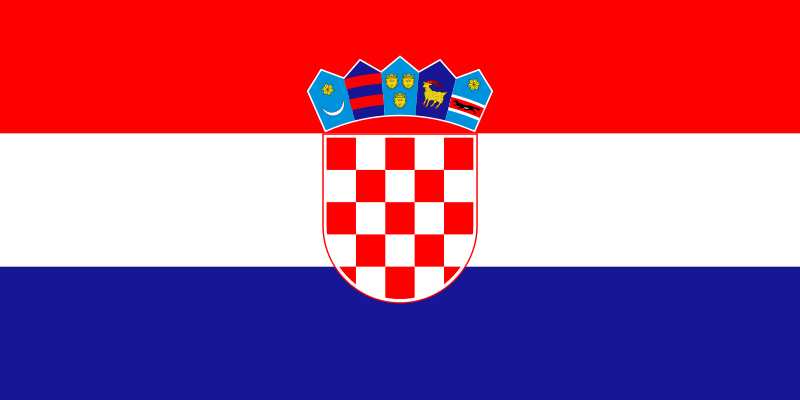Data Protection Laws and Freedom of Expression Report: Croatia 
Constitutional/Primary Law Background - see also ECHR and EU Charter
The Croatian Constitution (as revised 2013) contains numerous relevant rights including concerning data protection itself. As regards freedom of expression, Article 38 protects freedom of thought and expression including freedom of the press and other media. It specifically establishes the right of journalists to access information. Article 68 specifically guarantees the freedom of scientific, cultural and artistic creativity. As regards privacy, Article 35 guarantees respect for and legal protection of personal and family life, dignity, reputation and honour. Article 34 and Article 36 sets out specific protections for the inviolability of the home and the freedom and privacy of communications respectively. Finally, Article 37 guarantees the safety and secrecy and personal data, states that processing may only take place with consent or under conditions specified by law and provides that supervision in this area shall be regulated by law.
Rights to freedom of press including distribution of literature, as well as freedom of learning and the arts, can be found in articles 13 and 16 of the 1921 Yugoslav Constitution. This constitution also protected the inviolability of the home (in article 11) and the privacy/secrecy of communications (letters, telegrams, telephone) (in article 17). The earliest protection of rights these by Croatia as an independent jurisdiction, as well as the first direct constitutional protection of personal and family life, dignity, reputation, honour and data protection date to the 1990 Croatian Constitution (with identical article numbers to those currently).
First-Generation Statutory Law
|
Croatia did not adopt a data protection law during the first-generation period.
|
Second-Generation Statutory Law
|
The Croatian Parliament adopted the Act on Personal Data Protection (DPA) on 12th June 2003, which inter alia implemented the Data Protection Directive 95/46. Special Expression Derogation Broad Expression Derogation Personal Exemption Knowledge Facilitation Framework |
Parliamentary Debates
The Legislation Committee discussed various comments to the Data Protection Act in 2003. Committee rejected a derogation for processing for journalistic purposes as unnecessary and conflicting with the protection of personal data. It was argued that the derogation was also in conflict with the constitutional provisions protecting individuals against a use of their personal data for any other purpose than what the respective data have been collected for.[1]
Debating data protection in 2008, the competent Legislative Committee warned that media outlets frequently violated the right to privacy, especially of children and in connection with leaked data. It was suggested that more stringent protections should be introduced. The main concern was thereby the leaking and the publishing of such leaked data.[2]
Third-Generation Statutory Law
|
The Croatian Parliament implemented the GDPR with the Implementing Act of the General Data Protection Regulation on 9 May 2018. Special Expression Derogation Broad Expression Derogation Personal Exemption – see GDPR, art. 2(2)(c) Knowledge Facilitation Framework – see also GPDR, art. 5(1)(b) (compatibility), art. 5(1)(e) (time limits) and art. 89(1) (appropriate safeguards) |
Parliamentary and Legislative Debates
There were no parliamentary or legislative debates with regard to the relationship between freedom of expression and data protection. Solely in relation to data used for statistical purposes, MP Anka Mrak-Taritas (VOICE) commented without elaborating that ‘here we have to be careful’.[3]
[1] See Archiva 4. Saziva Hrvatskoga sabora (Archives of the 4th convocation of the Croatian Parliament), https://web.archive.org/web/20100710032558/http://www.sabor.hr/Default.aspx?sec=1251.
[2] See IZVJEŠĆE O RADU AGENCIJE ZA ZAŠTITU OSOBNIH PODATAKA ZA 2008.GODINU (Report of the Work of the Data Protection Agency for 2008) (9th July 2009) http://itv.sabor.hr/video/default.aspx?TockaID=3715 (last accessed 26 November 2020).
[3] See http://edoc.sabor.hr/Views/FonogramView.aspx?tdrid=2013693&type=HTML&sin... (last accessed 26 November 2020).

 Twitter
Twitter Email
Email